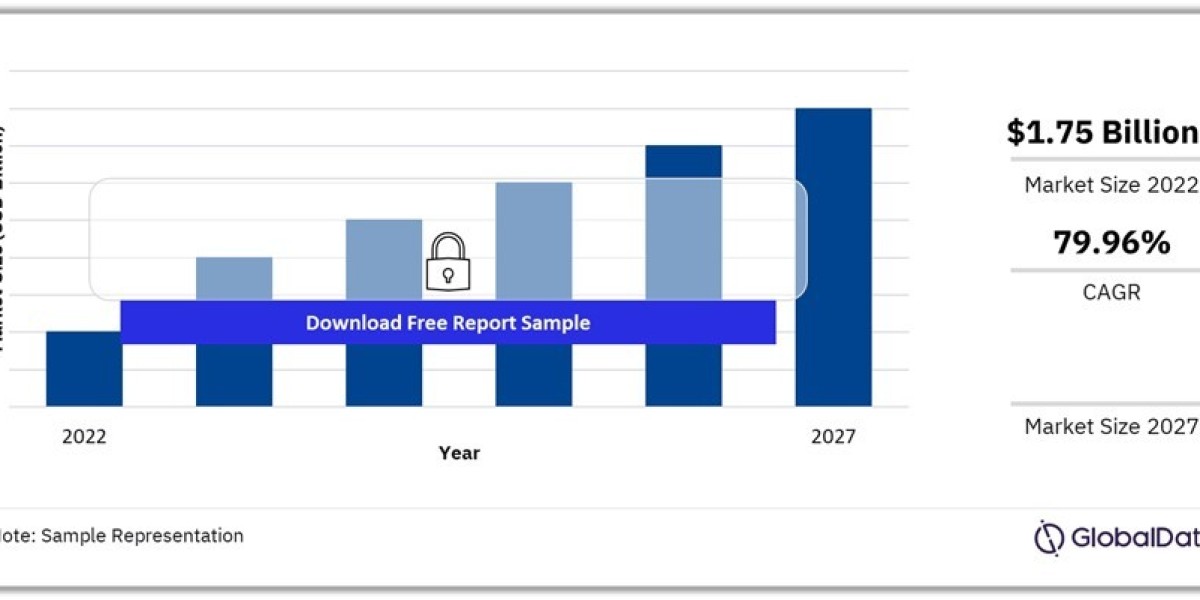Generative AI has rapidly evolved from a niche technology to a cornerstone of innovation in various industries. This transformation is driven by its ability to create new content, designs, and solutions autonomously, unlocking unprecedented potential for businesses and consumers alike. This article explores the expansive generative AI market, its applications, and its impact on different sectors.
What is Generative AI?
Generative AI refers to algorithms, particularly neural networks, that can generate new content. This content can be in the form of text, images, music, and even video. Unlike traditional AI, which operates on predefined rules and data, generative AI learns patterns and structures from existing data to create new, unique outputs.
Market Size and Growth
The generative AI market has seen exponential growth over the past few years. According to recent reports, the market size was valued at approximately USD 6 billion in 2023 and is projected to reach USD 42 billion by 2030, growing at a CAGR of 31.6%. This growth is fueled by advancements in machine learning, increased computational power, and the integration of AI in various business processes.
Key Applications of Generative AI
Content Creation: Generative AI is revolutionizing the content creation industry. From writing articles and creating marketing copy to generating personalized emails and producing creative writing, AI tools like GPT-4 have become invaluable.
Design and Art: In the realm of design, generative AI assists in creating unique designs for fashion, graphics, and even architecture. AI-generated art has gained popularity, with artists using tools like DALL-E to push the boundaries of creativity.
Healthcare: In healthcare, generative AI is used for drug discovery and personalized medicine. AI models can generate potential drug compounds and predict their interactions, significantly speeding up the research process.
Gaming and Entertainment: The gaming industry leverages generative AI to create dynamic and immersive environments. AI can generate game levels, characters, and storylines, enhancing the gaming experience.
Finance: In finance, generative AI helps in creating predictive models for stock prices, market trends, and risk management. It aids in developing trading algorithms and personalized financial advice.
Benefits of Generative AI
- Efficiency: Generative AI automates the creation process, saving time and resources.
- Creativity: It provides new perspectives and ideas, enhancing human creativity.
- Personalization: AI-generated content can be tailored to individual preferences, improving user experience.
- Scalability: Generative AI can produce large volumes of content quickly, supporting scalability in various industries.
Challenges and Ethical Considerations
Despite its potential, generative AI poses several challenges. Issues such as data privacy, intellectual property rights, and the potential misuse of AI-generated content need to be addressed. Moreover, the ethical implications of AI creating deepfakes and misleading information are significant concerns that require regulatory frameworks and robust ethical guidelines.
Future Outlook
The future of generative AI looks promising, with continuous advancements in AI research and technology. The integration of AI in everyday applications will further expand its market and influence. However, balancing innovation with ethical considerations will be crucial to harnessing the full potential of generative AI.
Buy the Full Report For More Insights into the Generative AI Market Forecast, Download A Free Report Sample








